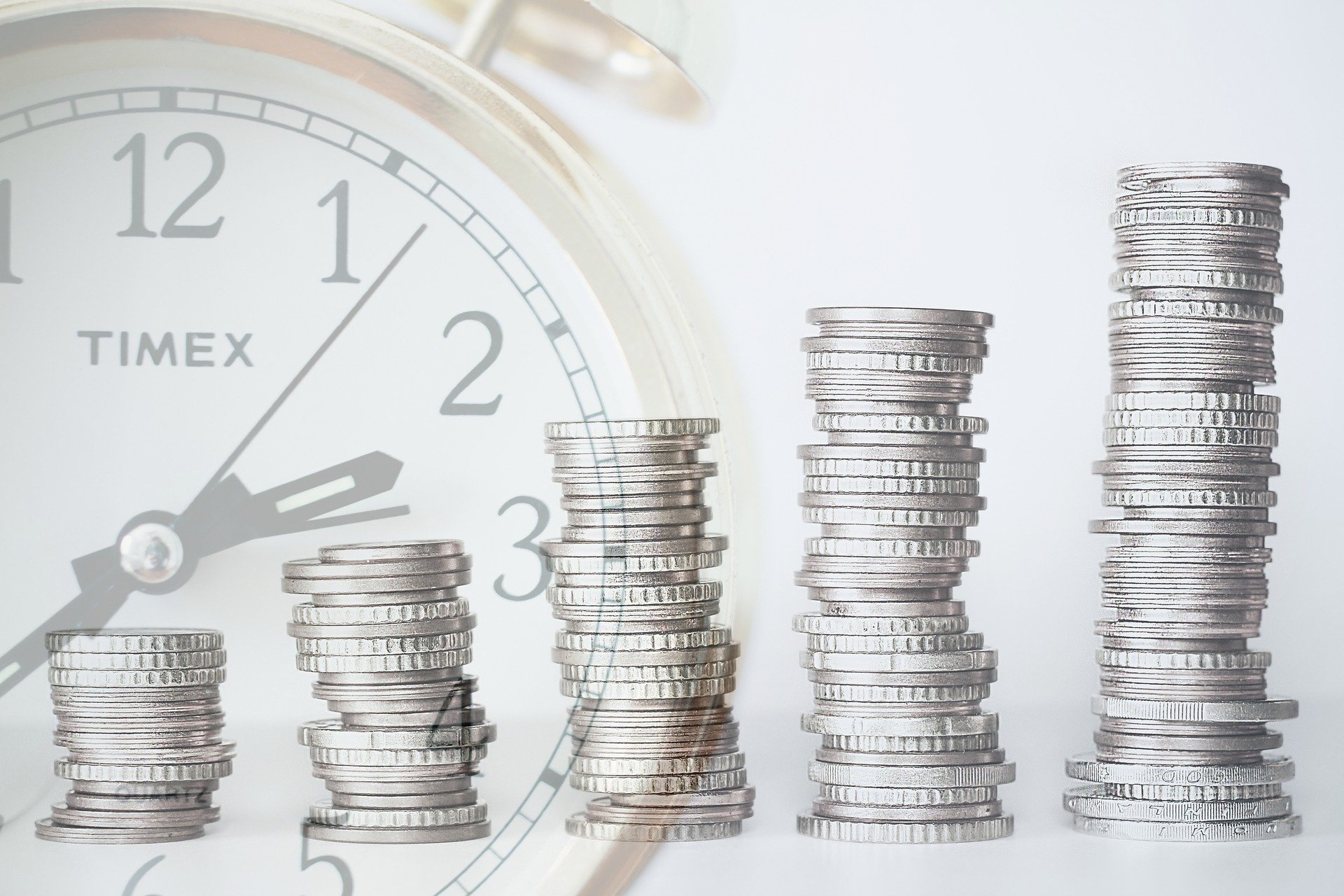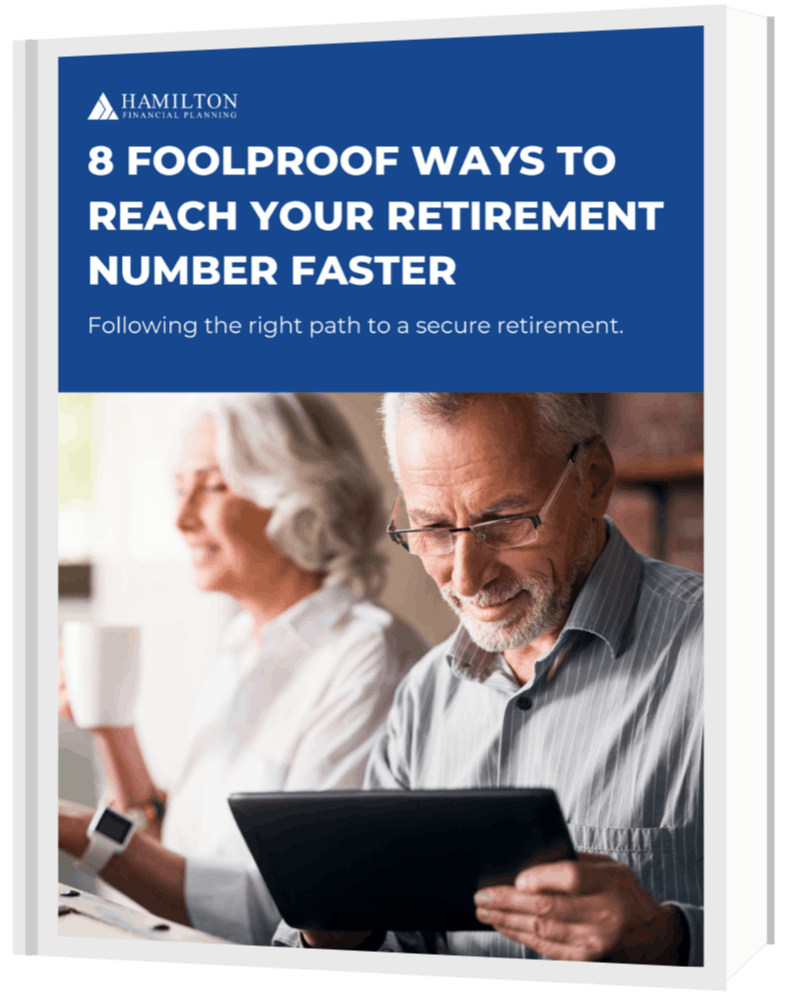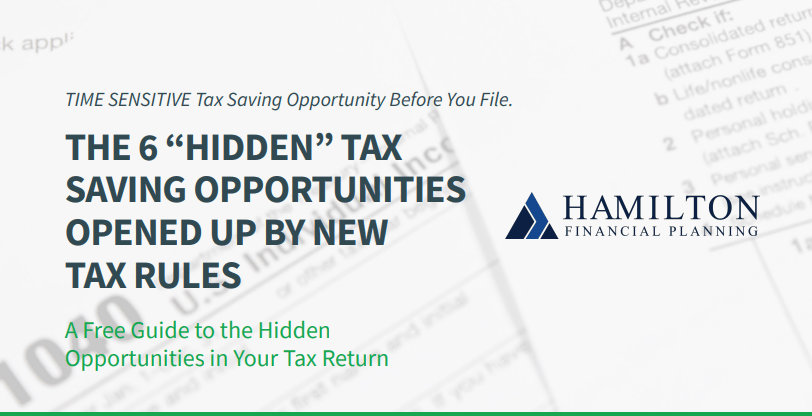Here are 11 retirement tips, as the coronavirus outbreak struck the retirement dreams of millions of Americans like uncharted rocks in a turbulent sea. With no warning, strategies built on a decade of growth became outdated, leaving many current and future retirees wondering, “Is my future going to be safe?” The choices you make now will have a major impact on the comfort and security of your retirement.
If you’re within the critical five years before or after retirement, you’re in the “fragile decade”, where economic uncertainty and market losses can hurt your retirement the most. This special guide is designed to highlight the key decisions you can take when you can’t predict what the future holds.
If you’re not confident that your retirement plan is on track to deliver the lifestyle you want during times of uncertainty, you’re in the right place. You might find yourself asking questions like: How does the crisis impact my cash flow? What will I do if another recession strikes? How do I prepare for years of uncertainty? What moves should I be making? 
Table of Contents
10 Retirement Tips in Uncertain times.
- Focus on what’s in your control
- Keep a check on your yearly expenditure
- Enhance your saving rates
- Are you mentally prepared
- Protect your retirement cash flow
- Is your lifestyle safe?
- Revisit your investments
- Invest wisely
- Diversify your retirement accounts
- Keep an emergency fund
- Are your investments positioned for uncertain markets
1-Focus on what’s in your control:
No one could have predicted the pandemic or the historic recession it caused. Attempting to predict the unpredictable or control the uncontrollable will only result in a bunch of load of stress and poor decision-making. So what can you do? Focus on what’s in your control, your mindset, your choices, and the decisions you make. Here are some tips to help you spend less so you can retire sooner.
2-Keep a check on your yearly expenditure:
Keep tabs on your yearly cash outflow, this will give you an estimate of how much you have been spending yearly and can help you plan your expenditure for the future as well.
3-Enhance your saving rates:
Depending on when you want to retire try to increase your saving percentage. Generally, those who want to retire in their mid-60s save about 20% of their earning. If you want to retire sooner or incorporate any future crisis, you’ll have to save more.
4-Are you mentally prepared?
Critical planning questions you should ask: Am I mentally prepared for uncertainty? Do I have a retirement plan that incorporates recessions, volatility, and bear markets? Am I confident in my ability to adapt to changing conditions? Have I created contingency plans for retiring early, retiring later, or a phased retirement? Have I discussed my plans with a financial professional?
5-Protect your retirement cash flow:
Your retirement lifestyle depends on your income strategy. Getting through volatile and uncertain times is about having enough cash on hand while not robbing yourself of future growth.
6-Is your lifestyle safe?
Critical planning questions you should ask: Do I have enough cash to avoid drawing down a portfolio that has lost value? Do I need to increase my investments and diversify my portfolio?
7-Revisit your investments:
Investing for retirement in today’s market is not set-it-and-forget-it. It’s a continual process of adapting to changing conditions and evaluating risks against opportunities. Getting it wrong can mean setting your retirement dreams back or cutting back on your lifestyle.
8-Invest wisely
Retiring early is one part of aggressive saving and another part of smart investing. After you’ve saved enough for your money to work for you, you likely won’t have to work as hard yourself.
9-Diversify your retirement accounts:
Sign up for as many savings accounts as you can. While you’re at it, try to choose a low-fee investment than a more expensive one. You cannot predict investment returns, but you can control where to invest depending on the investment fee which impacts greatly on your investment returns.
10-Keep an emergency fund:
The impact of Covid-19 on the economy has highlighted the importance of emergency funds for uncertain times. A generous cash cushion will ensure your safety not only in times of economic distress but also at times when you’re faced with an unexpected cost. It’s wise that you have at least six months’ worth of income saved in cash. The more, the better.
11-Are your investments positioned for uncertain markets?
Critical planning questions you should ask: Is my investment strategy up-to-date for current conditions? Am I still on track for the retirement I want? Am I positioned to take advantage of the hidden opportunities volatility can offer? By taking just a few precautionary steps at the right time, you can ensure the safety of your future during a time of crisis and guarantee that your retirement plan doesn’t get affected during a time of economic uncertainty.

